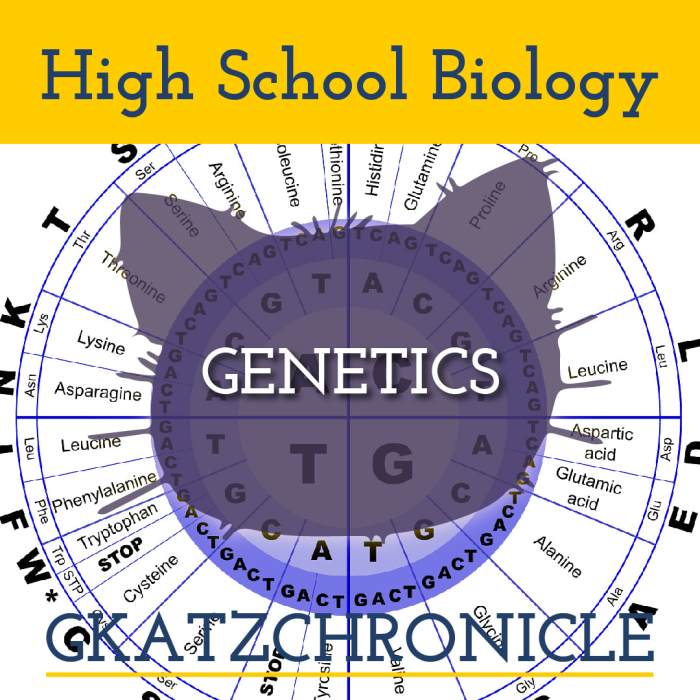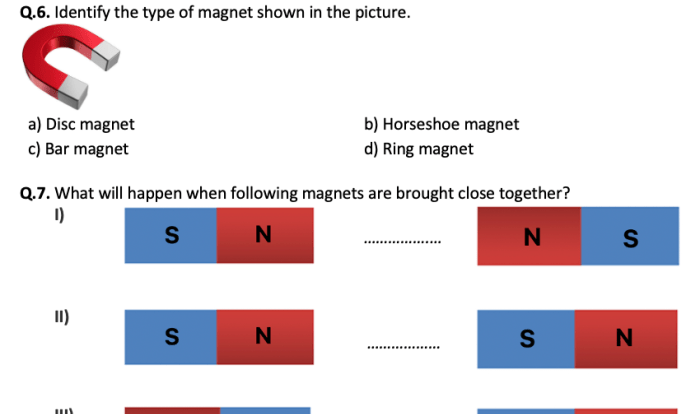Greatest discoveries with bill nye genetics answer key – Bill Nye’s “Greatest Discoveries in Genetics” is an authoritative exploration into the cutting-edge advancements that have revolutionized our understanding of human health and biology. This comprehensive answer key provides a detailed guide to the key concepts and breakthroughs presented in the program, empowering readers with a thorough understanding of genetics and its profound implications.
Throughout the program, Bill Nye delves into the groundbreaking Human Genome Project, gene editing technologies like CRISPR-Cas9, and the transformative potential of personalized medicine. He also examines the ethical and social considerations surrounding genetic testing and counseling, and the role of genetics in understanding and managing genetic disorders.
The Human Genome Project: Greatest Discoveries With Bill Nye Genetics Answer Key
The Human Genome Project (HGP) was a massive international scientific endeavor that sequenced the entire human genome. The project was completed in 2003 and provided a complete map of all the genes in the human body.
The HGP has had a profound impact on genetics. It has allowed scientists to identify the genetic basis of many diseases, including cancer, heart disease, and Alzheimer’s disease. The project has also led to the development of new treatments for genetic disorders, such as cystic fibrosis and sickle cell anemia.
Ethical Implications
The HGP has also raised a number of ethical implications. One concern is that the information from the project could be used to discriminate against people with certain genetic predispositions. Another concern is that the project could lead to the development of “designer babies” with specific traits.
Gene Editing Technologies

Gene editing technologies are powerful tools that allow scientists to make precise changes to DNA. These technologies have revolutionized genetic research and have the potential to cure a wide range of diseases.
The most common gene editing technology is CRISPR-Cas9. CRISPR-Cas9 is a system that uses a guide RNA to direct a Cas9 enzyme to a specific location in the genome. Once the Cas9 enzyme is bound to the DNA, it can cut the DNA and make changes.
Potential Risks, Greatest discoveries with bill nye genetics answer key
Gene editing technologies are still in their early stages of development, and there are a number of potential risks associated with their use. One risk is that the changes made to the DNA could have unintended consequences. Another risk is that the gene editing process could cause mutations in other parts of the genome.
Personalized Medicine
Personalized medicine is a medical approach that uses genetic information to tailor medical treatments to the individual patient. This approach has the potential to improve the effectiveness of treatment and reduce side effects.
For example, personalized medicine can be used to identify the best drug for a particular patient based on their genetic profile. It can also be used to predict the risk of developing certain diseases and to develop preventive measures.
Challenges
Personalized medicine is still a relatively new field, and there are a number of challenges that need to be overcome before it can be widely adopted. One challenge is the cost of genetic testing. Another challenge is the lack of data on the effectiveness of personalized medicine treatments.
Genetic Testing and Counseling
Genetic testing is a medical test that can identify changes in a person’s DNA. These changes can be used to diagnose genetic disorders, predict the risk of developing certain diseases, and identify the best treatment options.
Genetic counseling is a process that helps people understand the results of genetic testing and make informed decisions about their health.
Ethical Implications
Genetic testing and counseling have a number of ethical implications. One concern is that the information from genetic testing could be used to discriminate against people with certain genetic predispositions. Another concern is that the information could be used to create a “genetic underclass” of people who are denied access to certain jobs or insurance policies.
Genetic Disorders

Genetic disorders are caused by changes in a person’s DNA. These changes can be inherited from parents or they can occur spontaneously.
There are a wide range of genetic disorders, including cystic fibrosis, sickle cell anemia, and Down syndrome. These disorders can vary in severity from mild to life-threatening.
Role of Genetics
Genetics plays a major role in the development of genetic disorders. However, environmental factors can also contribute to the development of these disorders.
Essential FAQs
What is the Human Genome Project?
The Human Genome Project was an international scientific research project with the goal of determining the sequence of nucleotide base pairs that make up human DNA, and of identifying and mapping all of the genes of the human genome from both a physical and a functional standpoint.
How have gene editing technologies revolutionized genetic research?
Gene editing technologies such as CRISPR-Cas9 have revolutionized genetic research by allowing scientists to make precise changes to DNA sequences. This has enabled the development of new treatments for genetic diseases, the creation of genetically modified organisms, and the study of gene function in unprecedented detail.
What are the ethical implications of genetic testing?
Genetic testing raises a number of ethical implications, including the potential for discrimination based on genetic information, the privacy of genetic data, and the use of genetic information to make decisions about individuals’ lives.
